How does gardening fit into the modern world? At odds with screens, instant gratification, and rigid timelines, the ancient and venerable practice remains a constant in many cultures. And moreover, new, communal forms of gardening are spreading across the globe, often in connection with creative and cultural spaces.
While gardening has been around for centuries, recent years have seen sharp surge of interest in the natural world. During the Covid-19 pandemic, mandated isolation prevented many from going further than their garden gate and fueled a new attentiveness to (perhaps neglected) rose bushes and unruly weeds. But the past years also coincided with a wider draw towards the earth, towards self-sufficiency, paired with a keener, sharper understanding of a flawed system.
Departing from traditional forms of gardening, many creatives began to explore gardening and farming on their own terms, harnessing it as a tool for gathering people, sharing skills and perspectives, and expressing resistance. In awe of this diversity, FF spoke to the founders of four gardening projects about their own interpretation and approaches to gardening.
Ron Finley Project: Gardening as a stance against oppressive systems
Ron Finley is the ‘Gangsta Gardener’ who fought back against his city’s law—and won. The act of cultivating plants in public spaces (generally spaces that are rundown or uncared for), guerrilla gardening is becoming an increasingly popular form of environmental rebellion. Back in 2010, Ron planted vegetables in dirt patches of his neighborhood in Los Angeles, which at the time was illegal, and punishable by a hefty fine. When Ron was served by the city of Los Angeles, he teamed up with green activists to petition against the fine and for the right to cultivate plants in public spaces. The law has now been amended to not incur any fines. Since then, Ron has risen to notoriety as a self-proclaimed ‘Gangsta Gardener’, and continues on his mission to promote food education and building community and cultural spaces through gardening. His much-vaunted TED Talk on guerilla gardening currently has over four million views (and counting). In April 2020–during the throes of the first wave of Covid-19–he released a wildly popular Masterclass, showing his students how to garden and grow food in any space.
“What we do in the Ron Finley Project is change culture,” he says. “Where people give a fuck about this living ball we spin around on everyday.” Ron’s ethos is an antidote to apathy. His resolve to “give a fuck” is in direct conflict to nihilistic attitudes in regards to oppression. By nurturing the earth and expanding the traditional view of what gardening entails, the Ron Finley Project empowers future generations to take charge of their lives by taking charge of the earth.“…We’re all creative,” he says with candor, “and we all have the power to change our lives.”
-
What does gardening mean to you?
[Gardening means…] Freedom. It’s a revolution, it’s a stance against this oppressive, racist ass system that gives zero fucks about you or your health.
-
What potential do you see for gardening in the current socio-cultural climate?
I see the potential for people to live the life that they want to live. To be healthy and help their neighbors be healthy and help their neighborhoods be healthy. There’s enough healthy food to expand around the globe. How many people do you know have or know someone that has cancer?
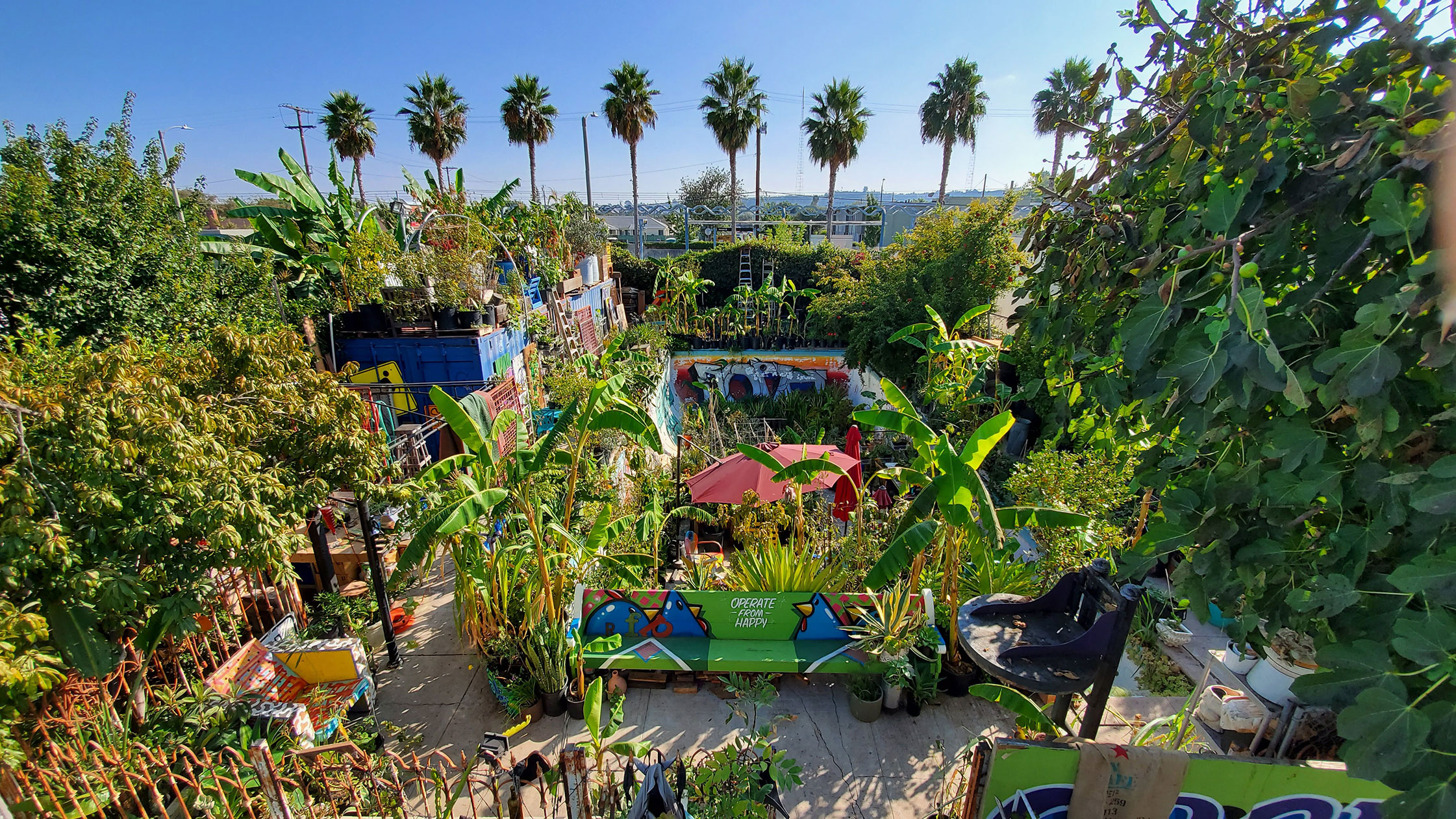
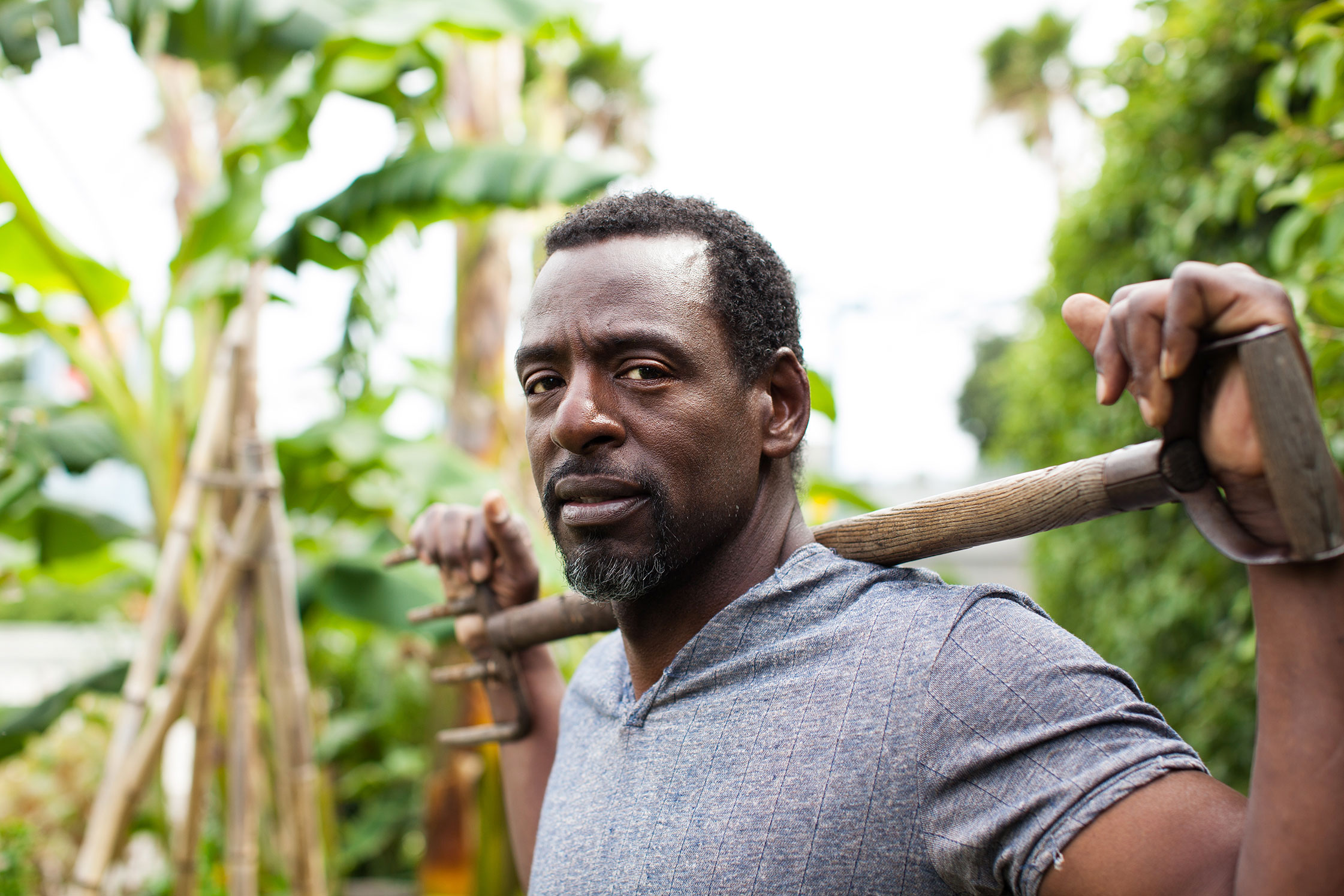
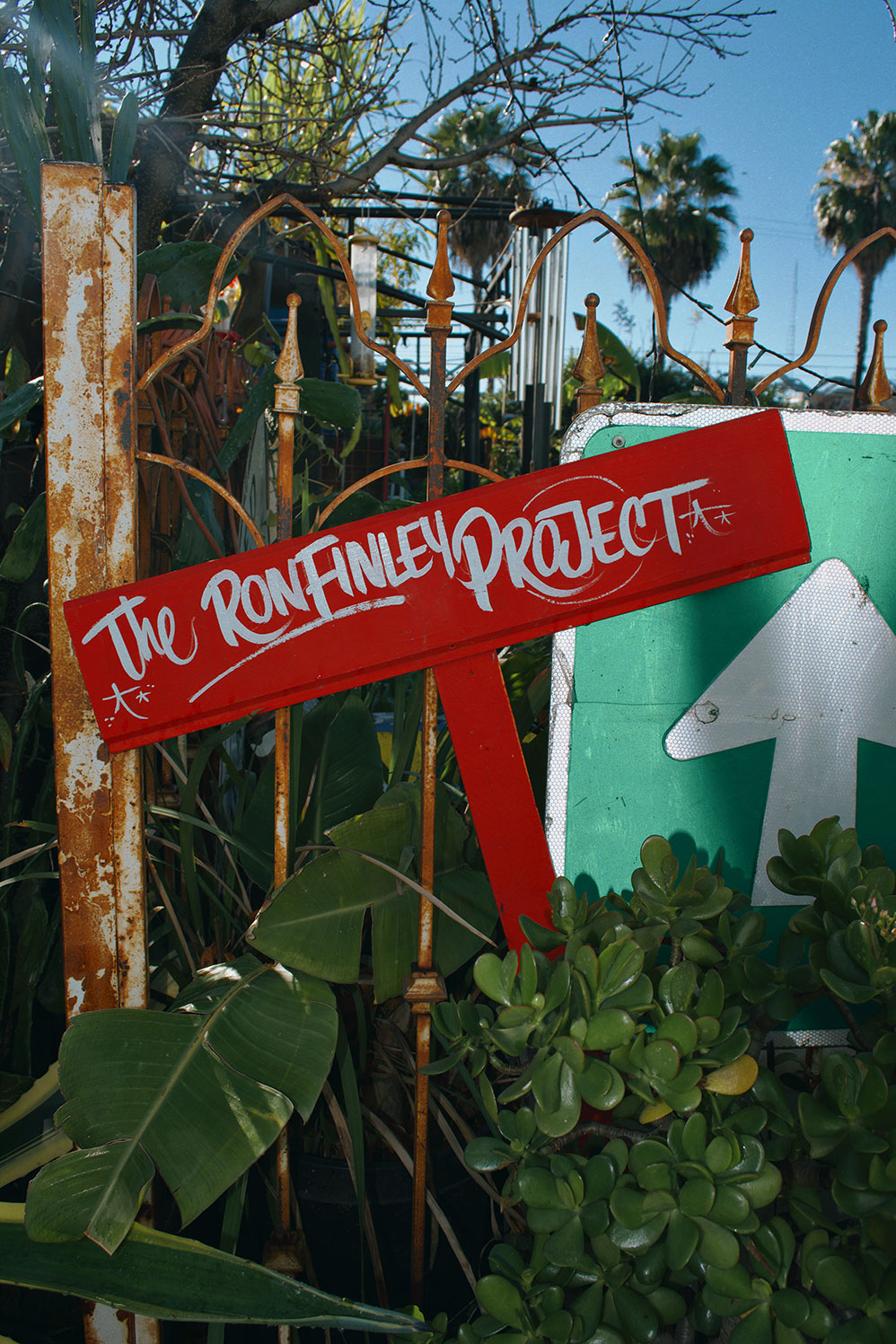
Grubber Community: Gardening as a means of forging connections
Jessica Tremaine is a London-based artist who founded Grubber Community during the height of the Covid-19 pandemic. Wishing to reframe nature and gardening as something accessible for everybody with an interest, Grubber began with a plant exchange. Sharing the benefits of the natural world and promoting positivity through plants is at the heart of Jessica’s mission: in response to the isolation and uneasiness of the first lockdown, Jessica debuted Grubber’s first plant exchange–and they are still going strong for those based in London or Cornwall (Jessica’s home county).
Since its conception, Grubber has blossomed into a sprawling community of gardening buffs and novices alike. On its website, Grubber offers guides for green thumbs (“how to tend to houseplants over winter”, “how to propagate a Jade plant”), literature reviews, and an overview of upcoming and past projects, through which Grubber “aims to bring gardening back to a community ecosystem,” says Jessica. Since 2020, Grubber have curated an exhibition with the Asian-artist platform Baesianz, organized a monthly rambling club as an escape from the city, hosted two plant-life flea markets for nature enthusiasts, and facilitated a sculptural seed-bomb-making workshop at a community garden in Margate.
-
What does gardening mean to you?
[Gardening means] Reclaiming freedom. Creating your own spiritual connection with the earth and environment. It means learning in your own way. Experimenting, failing, experimenting, succeeding. Intergenerational. Discovering the innate. Feeding yourself. A small or big stand against capitalism. Meditation. Connecting with others without having to talk about yourself if you don’t want to. Sharing with others worldwide through seeing how the same plant can thrive or die in different environments.
-
What potential do you see for gardening in the current socio-cultural climate?
I believe gardening has the power to help us as a society regain feelings of freedom and peacefulness. Through the access to nature projects I’ve facilitated, I’ve seen first-hand the calm and clarity of mind people feel at the end of the day of spending time in a community garden or foraging on a Grubber ramble. It can make you feel like you have some kind of grasp of your environment. Recently, I’ve been thinking and reading about belonging, and how homes these days are often built and decorated to be rented on to the next person. In a small way growing plants in the gardens can be a way for a person to leave their mark on their home and improvement of the soil can be their legacy.
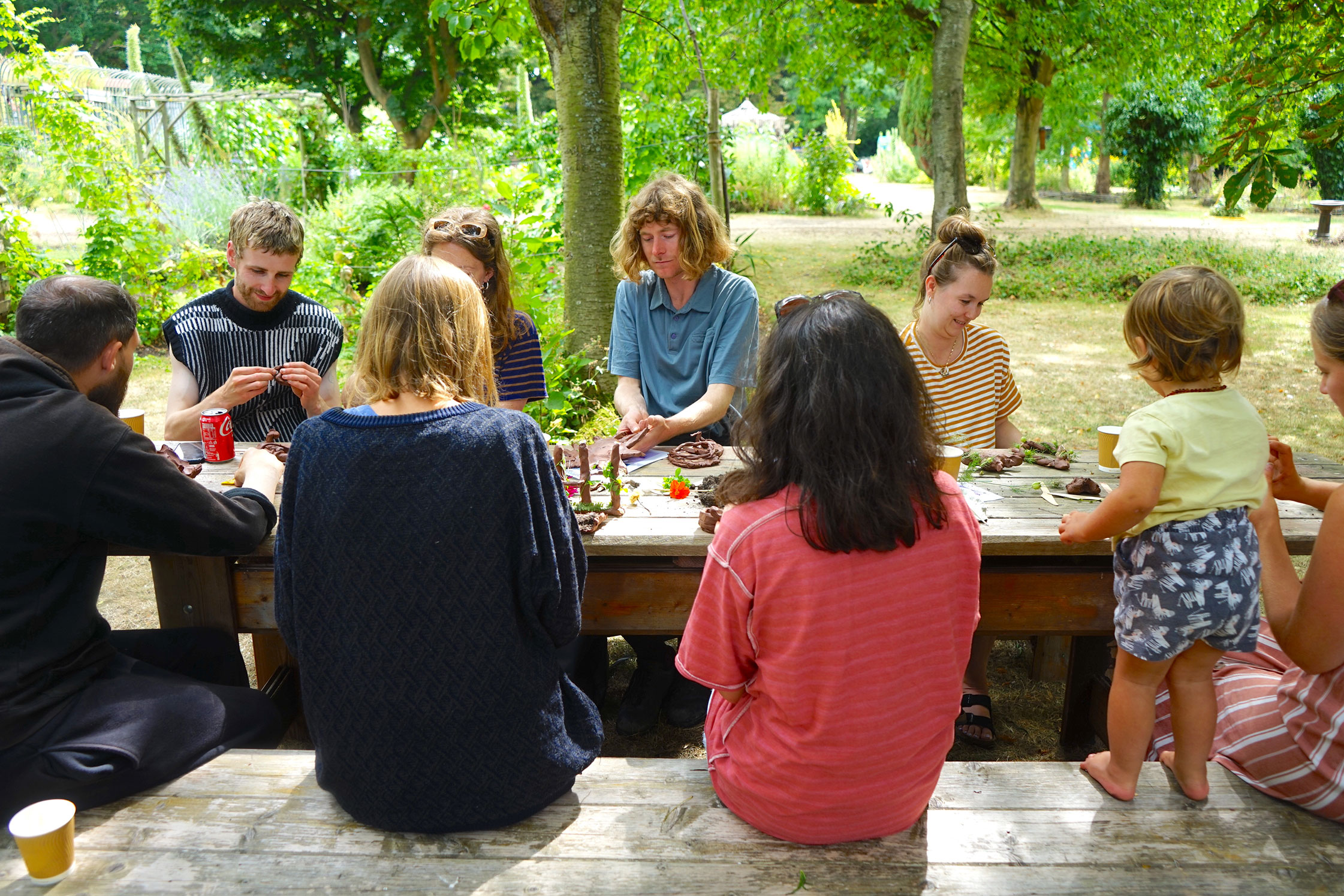


Radicchio Radicale: Gardening as a form of resilience
Radicchio Radicale, says Sebastian Meyer Engl, started, “with an extremely gray and literally dead end of a former cement factory […], the most unlikely place for a lush and fruitful garden.” But Sebastian, alongside six other founding members, dreamed of creating an oasis where they, their friends, and like-minded people could experiment with gardening, right in their city. The founders all worked full-time in a range of different industries, and resided in “the usual tiny overpriced flats” in Munich. The resistance to the status quo of urban life was instrumental in naming their venture: “Radicchio as a vegetable that is not the most loved one, quite bitter in taste but pretty resilient,” explains Sebastian. “Radicale as a sign to work on this idea despite the tough preconditions.”
They are two years into the project, and Radicchio Radicale is still bursting with vitality and drive. A lush retreat in the city, they facilitate eager greenthumbs to join their harvests on upcycled plant beds, alongside after-work gatherings, yoga sessions, small open-air festivals, panel discussions, and seminars for their ever-growing members and supporters. They also have a dedicated coworking space with stable wifi, seating, and electricity, making their premises quite the hub for a community of nature lovers.
-
What does gardening mean to you?
Gardening is messing things up and still witnessing growth. It’s the absolute contrary to our modern day grind of meticulously preparing keynote slides for–more or less–no visible outcome. When you’re digging in your patch, planting seeds, removing weeds, and so on, there’s no room for imposter syndrome. You just do it your way. Without the need of seeming convincing. And without the pressure of expecting a certain result. Sure, in the end you want to harvest something–preferably the thing you planted–but you’re not fixated on the amount, size or aesthetic of the vegetable or fruit.
-
What potential do you see for gardening in the current socio-cultural climate?
Not sure where to start […on the potential for gardening in the current socio-cultural climate]. Kids experiencing where food actually comes from and naturally looks and tastes. Or reconnecting urban people with nature in our VUCA word. Or seeing how community and solidarity can literally bring things to life. And, if you scale it up, realizing how much self-efficacy we have lost in our sophisticated life and how we can regain independence. Even the smallest harvest makes you see that it is possible to disconnect a part of our food supply from this world or codependency.

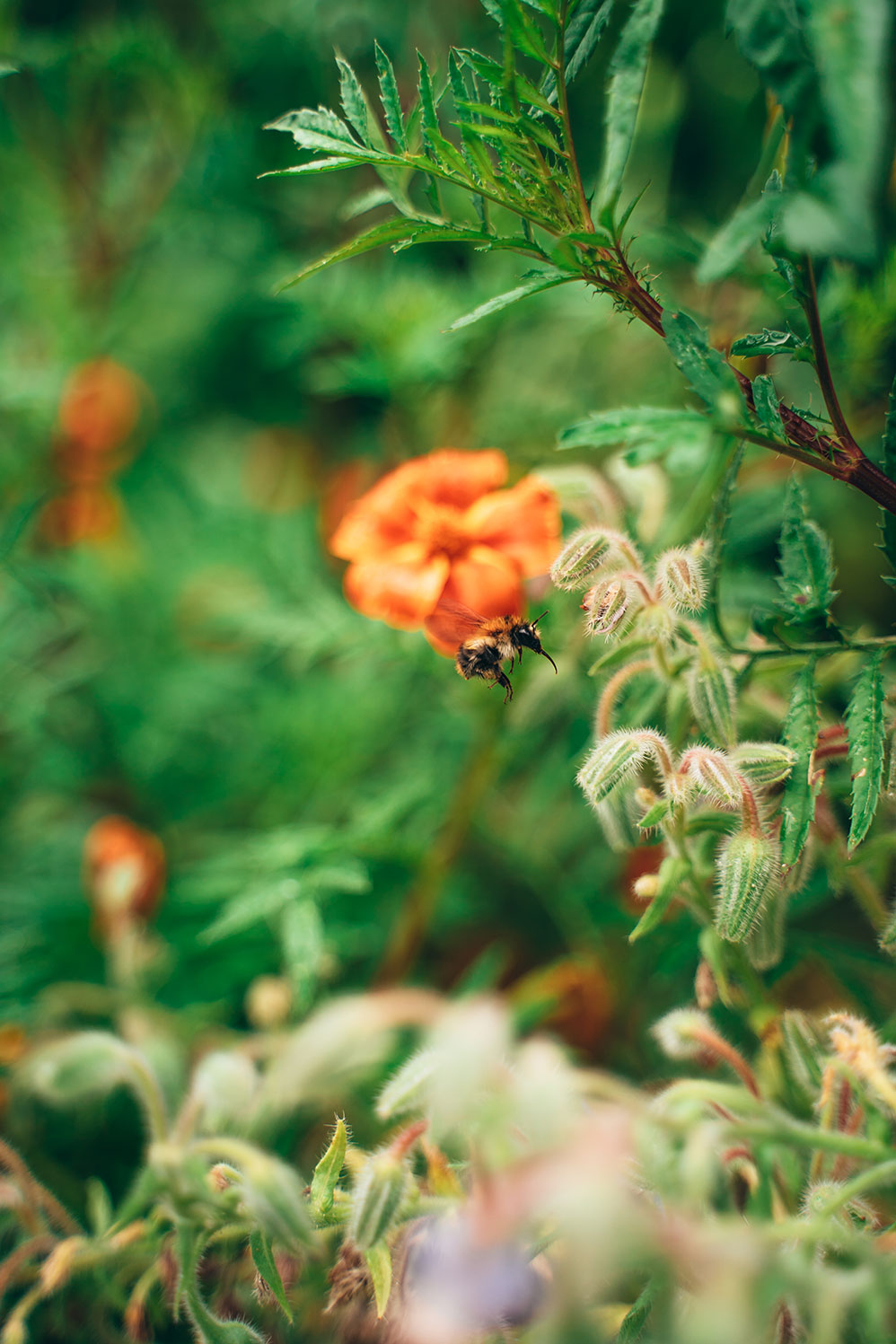

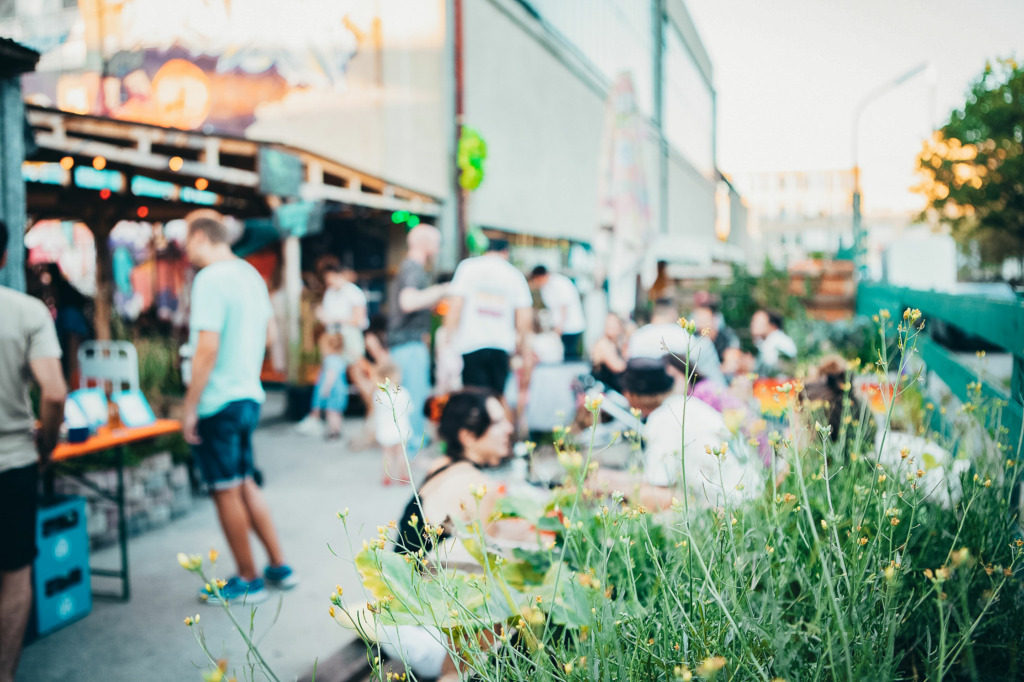
Activation Residency: Gardening as a form of creative respite
Kamra Hakim founded Activation Residency “out of a desire to tackle the lack of creative opportunities available to working artists”. A weekend-long residency occurring once a year in upstate New York, Kamra highlights the festivals they attended throughout their twenties as inspiration for the retreat: “I was attending these festivals during the heightened rise of social justice activism […] and began to dream of an intimate space for artists struggling to find a sense of belonging.”
Similarly to Jessica with Grubber, Kamra’s pursuit of creating this space for underserved artists was bolstered by the effects of Covid-19 and the communities who suffered from it the most. With the rise of ecological despair and environmental racism at the forefront of their mind, they organized Activation Residency to “pull back status quo reality and bathe in the fringes of utopian gestures, even if only for a weekend.”
The space is transitioning into a forest garden, and Kamra plans to continue to attend mindfully to the land, whilst also employing indigenous and permaculture practices to create a site specific and ecologically sound garden space.
-
What does gardening mean to you?
Gardening means sanctuary from capitalism’s grip. Capitalism, investing in profit over people, holds [us] hostage, and is a nonconsensual paradigm. Gardening can be respite from marketplace captivity, offering direct portalization into sensate experience, a happening where we find each other. The slowness of gardening stretches human relational experience of time, where land is arbitral, not status quo forces. The art of gardening is in resurrection. This morning, my colleagues and I had our coffee in the garden at The Mae House in Athens, NY. Gardening is about design, and design is about adding value. Approaching the garden, we noticed vegetable beds entirely fenced in, no pathway or immediate entryway. Gardening can already feel inaccessible, housing friends with names unknown to us, so creating easy human entry complicates the distance we can sometimes feel in garden spaces. This is what gardening means to me, finding a way out of no way.
-
What potential do you see for gardening in the current socio-cultural climate?
I experience gardening as a way beyond current sociocultural environments. Gardening requires willingness to release status quo lifestyles for luxuries of something more devotional, rigorous, and accountable. Other worlds are possible, and a commitment to gardening is a breakdown and breaththrough to these worlds. Not everyone will experience gardening like I do. Depending on circumstances, gardening can be an inaccessible way to live. Though I have seen it transform the way I think about my body as a community, the way I tend to the people I love, and how directing my attention to what I want to see grow instead of what I want to see fail, is the emergence I seek.

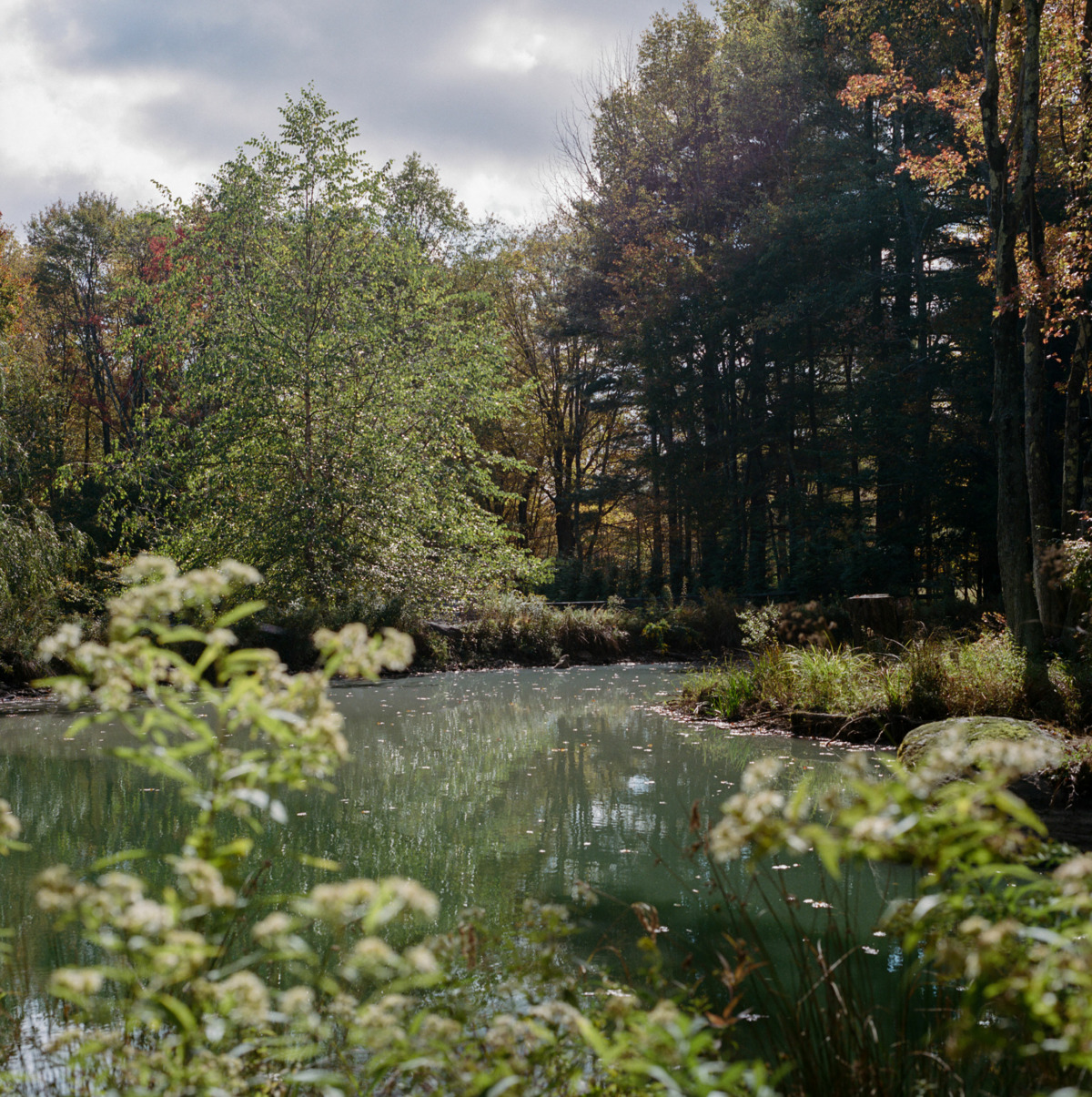
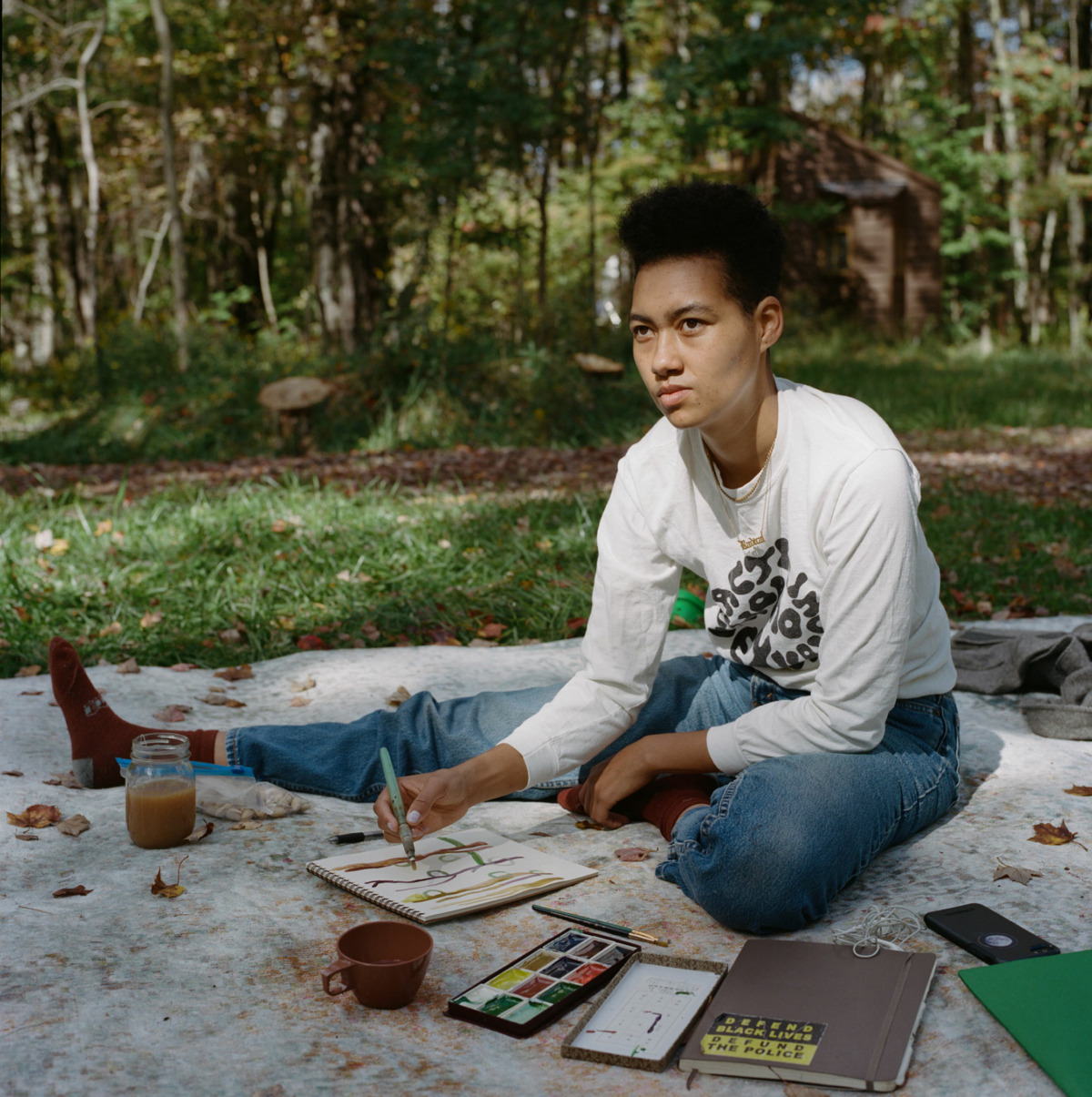


Our Deep Dives are a place to explore different themes, issues, or questions from more than one perspective or source. These regular features shed a light on creativity’s relationship with other fields and dimensions of life.
If you’re interested in learning more about creatives utilizing the power of gardening to empower and educate, don’t miss our profile on Sky High Farm, an artists’ farm in upstate New York envisioning a path towards food sovereignty.
Text: Ellen McBride
Opening image by: Alex Kurunis

